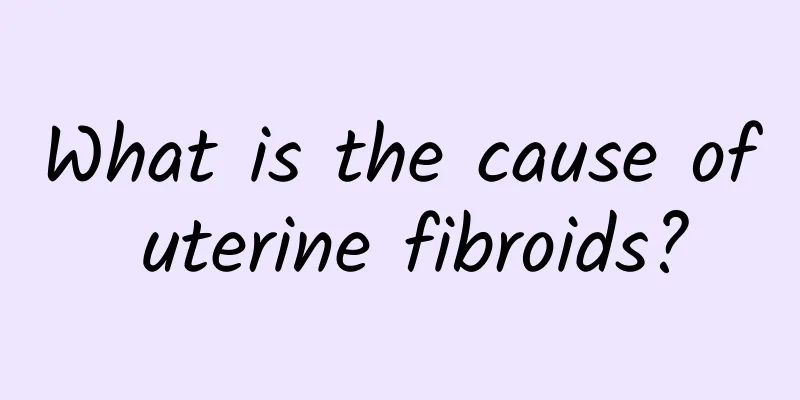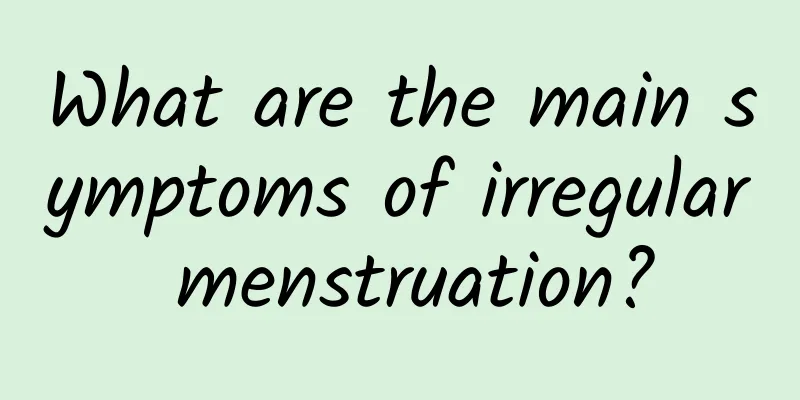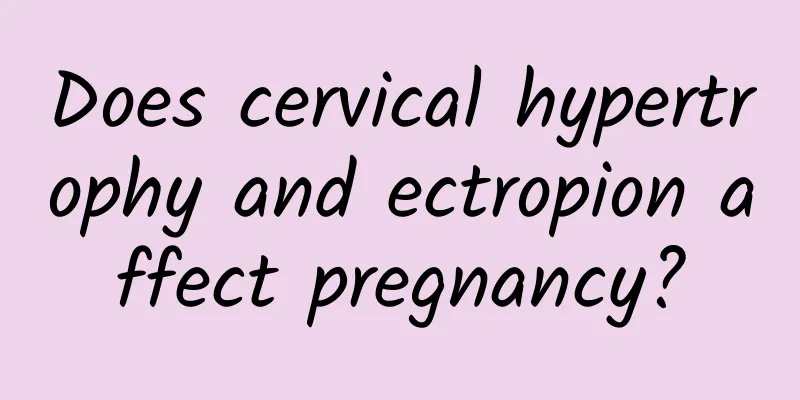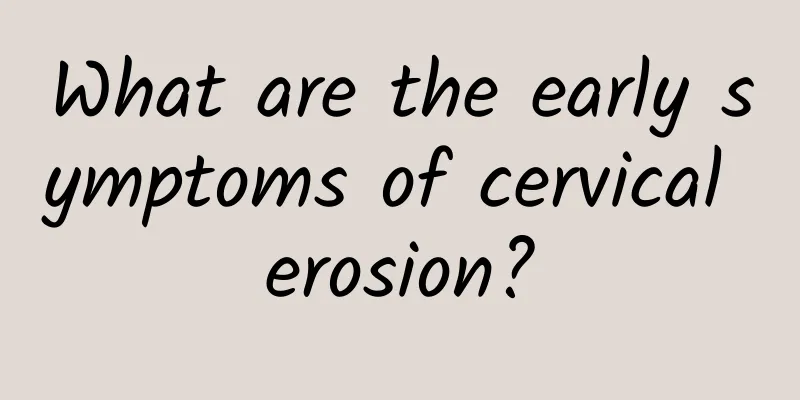The probability of successful pregnancy after menopause
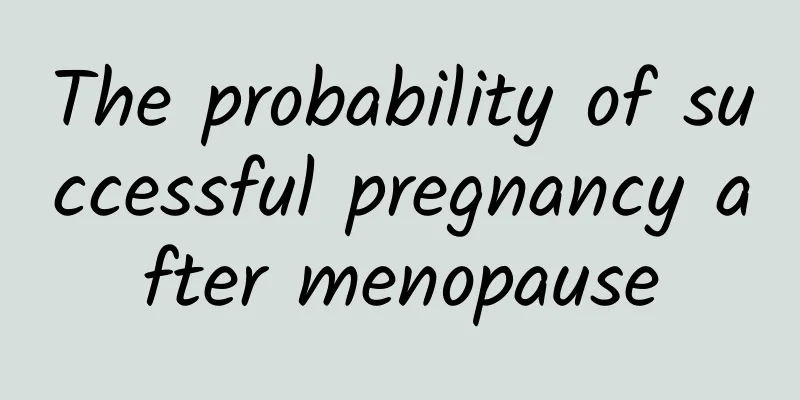
|
What is the probability of successful pregnancy after menopause? Can women in the perimenopausal period still get pregnant? The menstrual period is the menopausal period for women, which is the inevitable period for every woman to mature and decline. During this period, the ovaries of women show functional aging, so can women in menopause still get pregnant? First, when women enter menopause, their ovarian function begins to decline. First, the corpus luteum function declines progressively. The follicles only develop to a certain extent, then shrink and no longer ovulate. No corpus luteum is formed, which is manifested as a decline in reproductive function. However, in the early stages of ovarian function decline, the secretion of follicle-stimulating hormone (FSH) increases, and the luteinizing hormone is still at a normal level. However, due to the self-adjustment of the body's sexual function, FSH can reach a normal level and an ovulatory menstrual cycle occurs. Therefore, sometimes women who have been infertile for many years suddenly become pregnant before menopause. So can women in menopause get pregnant? Clinically, menopause is called perimenopause, which is from the onset of menopausal symptoms to the complete cessation of menstruation. During this period, women still have menstruation, but it is generally irregular and there will be ovulation. In perimenopause, the ovaries are aging and ovulation is irregular, so it is difficult to get pregnant at this time. And even if you get pregnant, it is easy to miscarry or premature birth or fetal malformation due to poor egg development. If you supplement estrogen to restore the body, even if you can give birth, it will induce tumors, so it is not advisable to get pregnant during perimenopause. The chances of getting pregnant during menopause are low, but the risks are very high. If you are considering IVF, being over 50 years old will put a great burden on your body, have a certain impact on your heart and kidney function, and the success rate is not high. From the above introduction, we can understand that women in menopause do not absolutely lose the possibility of pregnancy, but due to the decline in egg quality, not only the chance of pregnancy decreases, but the risk of conceiving a malformed fetus will also increase greatly, so pregnancy is not recommended. |
<<: What are the hospitals that treat menopause?
Recommend
How can women of childbearing age reduce abortion?
Women can conceive for more than 20 years in thei...
Precursors of pulmonary embolism
If a pulmonary embolism thrombus blocks a small a...
What are the treatments for uterine cysts?
What are the treatments for uterine cysts? The ma...
How to prevent adnexitis?
Adnexitis has always been the focus of people'...
Do you know what premature ovarian failure is?
Experts believe that research shows that the inci...
What is the best way to treat moderate cervical erosion? 3 causes of moderate cervical erosion
The treatment method mainly includes the followin...
Symptoms of chronic adnexitis that should be watched out for
As we all know, chronic adnexitis is one of the c...
Body Sculpting Tutorial - Three Must-Learn Tips to Reduce Belly Fat (Part 2)
Regardless of gender, age or status, the lower ab...
Insomnia, menstrual cramps, headaches...tense body causes trouble! Female Ironman Secretly Passes Down Massage and Stretching Tips to Relax Tight Muscles and Fascia
Office workers often feel body pain, especially h...
The national weight loss star "cucumber", don't eat it with tomatoes?
Cucumbers are rich in nutritional value. They can...
Is physical therapy effective for pelvic inflammatory disease? Not recommended
Physical therapy is a common physical method. Alt...
I don’t want to get fatter during the Chinese New Year reunion! Unboxing 9 wall exercises for the Year of the Golden Rat to help you lose fat easily
As the Lunar New Year passed in the blink of an e...
Excessive nitrate in vegetables EU: Do not exceed 220mg
Is eating more vegetables really good for your he...
What are the early symptoms of ovarian cysts that should be taken seriously?
The early symptoms of female ovarian cysts are ma...
How much do you know about the causes of vulvar leukoplakia?
The causes of vulvar leukoplakia are very complic...
